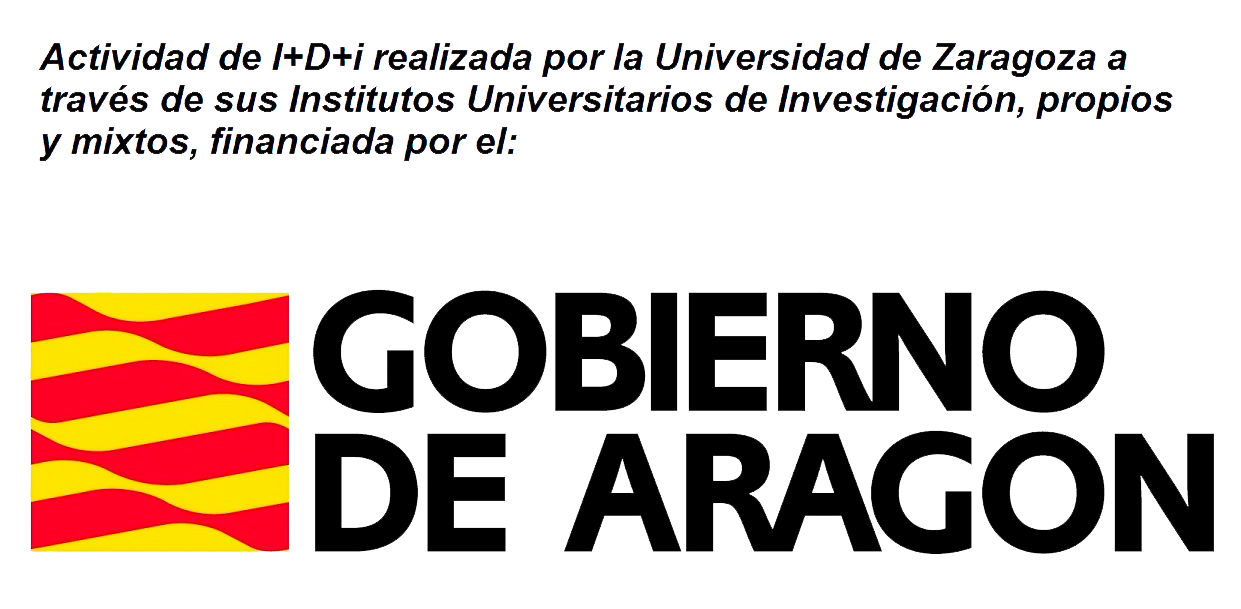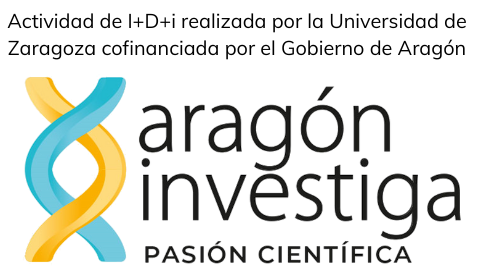David Pacheu, a BIFI researcher and one of the people in charge of the Mitochondrial Genetic Diseases Diagnostic Service at the University of Zaragoza
 The Human Mitochondrial Genetic Diseases Diagnostic Service at the University of Zaragoza is moving its activities to the Huesca Campus, where it will continue the work that began in 1991 under the direction of Professor Julio Montoya, who has recently retired. This unit is dedicated to the genetic diagnosis of mitochondrial pathologies and already operates in the biomedical laboratories of the Faculty of Health and Sports Sciences. It is coordinated by professors David Pacheu and Erika Fernández-Vizarra, with the support of the technical team.
The Human Mitochondrial Genetic Diseases Diagnostic Service at the University of Zaragoza is moving its activities to the Huesca Campus, where it will continue the work that began in 1991 under the direction of Professor Julio Montoya, who has recently retired. This unit is dedicated to the genetic diagnosis of mitochondrial pathologies and already operates in the biomedical laboratories of the Faculty of Health and Sports Sciences. It is coordinated by professors David Pacheu and Erika Fernández-Vizarra, with the support of the technical team.
The service will enable the study of specific mutations in mitochondrial DNA, which can cause diseases such as Leber’s hereditary optic neuropathy (LHON), MELAS syndrome, MERRF syndrome, Leigh syndrome, NARP syndrome and different types of deafness, from DNA obtained from blood cells or tissue biopsies.
Similarly, losses of mitochondrial DNA segments or pathological decreases in the number of copies of the same, known as deletions and depletions respectively, which are associated with other types of these rare diseases, will be studied.
The presence of this service on the Altoragón campus is linked to David Pacheu’s research into the knowledge and diagnosis of mitochondrial diseases. The study of the molecular determinants that cause these ‘rare diseases’ to affect only certain organs and tissues is the focus of the work for which a new biomedical laboratory was equipped in the Faculty of Health and Sports Sciences last year. “This service will add value to the Huesca biomedical campus by facilitating interaction between its researchers and health institutions or patient associations,” says the Huesca-based scientist.
The first mutations in mitochondrial DNA related to human diseases were described in 1988. Pacheu explains that a common characteristic of these diseases is that they affect the oxidative phosphorylation system (OXPHOS), through which cells obtain most of the energy they need.
He adds that this process depends on the coordinated action of the two genetic systems possessed by mammalian cells: the nuclear and the mitochondrial. The latter, on which the Huesca laboratory is working, encodes thirteen proteins that form part of this system. Therefore, mutations in this system can affect the proteins, which in turn affects the energetic state of the cells and can cause disease.
The Diagnostic Service’s role is to identify these mutations in patients so that they can be treated by the relevant medical teams. If these mutations are not yet described, the research group will continue to work on them to advance our knowledge. To contact this university service: dpacheu@unizar.es.
Photo: Aldara Mainé, David Pacheu, Erika Fernández-Vizarra, and Mónica Bescós . They are all members of the Mitochondrial Genetic Diseases Diagnostic Service, which operates on the Huesca campus of Unizar.










